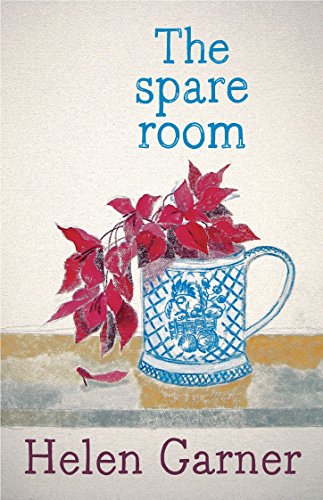


Setting the scene, Helen talks to a friend who poses one of the central themes of the book:

Over the course of the novel we see Nicola – like Felix Randall – reduced savagely by herĭisease, though the focus of the novel is squarely placed on those that surround the dying woman. The novel opens with an apprehensive narrator, who like Garner is called Helen, preparing her spare room for the arrival of a terminally ill-friend Nicola. The Spare Room is concerned with the living as much as with the dying and the dead. While it does not have the neat theological tieing-of-loose-ends of Hopkins’ poem (a re-assuring confidence that deserted himĪt times, allowing for the writing of those masterpieces knonw as the ‘terrible sonnets’), it has frankness, humour, and warmthĪs its consolations. Helen Garner’s elegant and moving novel The Spare Room is, in a sense, a secular treatment of the same subject, and Searchingįor meaning, the optimistic priest sees in the illness that has reduced the powerful blacksmith a metaphor for creation, Hopkins’ poem is a meditation on terminal illness coming from the perspective of a religious man in a religious age. Pining, pining, til time when reason rambled in it and some four fatal four disorders, fleshed there, all Who have watched this mould of a man, big-boned and hardy. Write the poem Felix Randall, after tending to a dying blacksmith over a number of months.įelix Randall the farrier, O is he dead then? my duty all ended, In the 1870s when Jesuit poet (now there’s a combination) Gerard Manley Hopkins was working as a parish priest, he was moved to


 0 kommentar(er)
0 kommentar(er)
